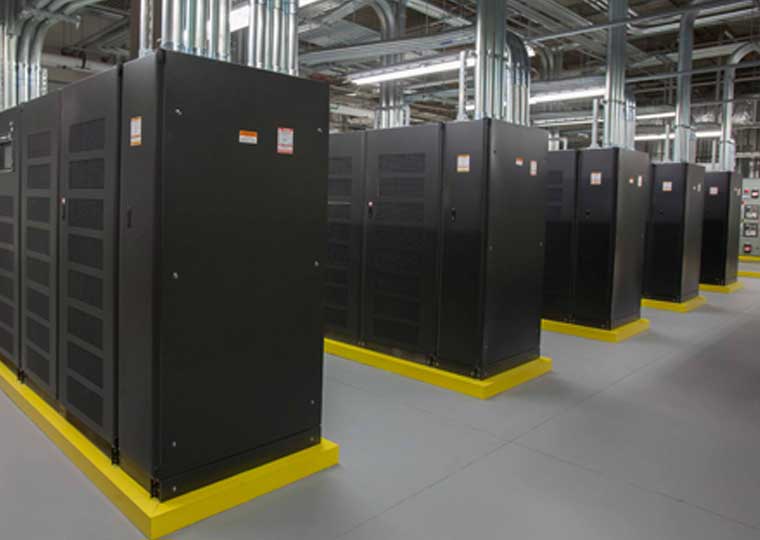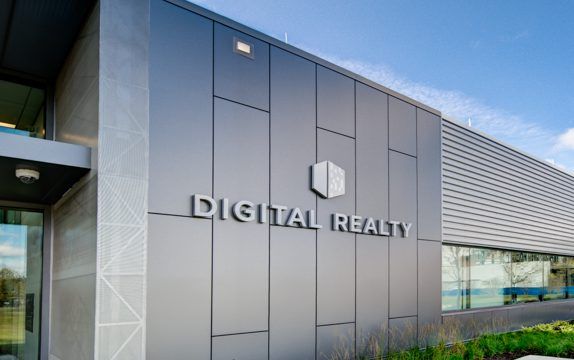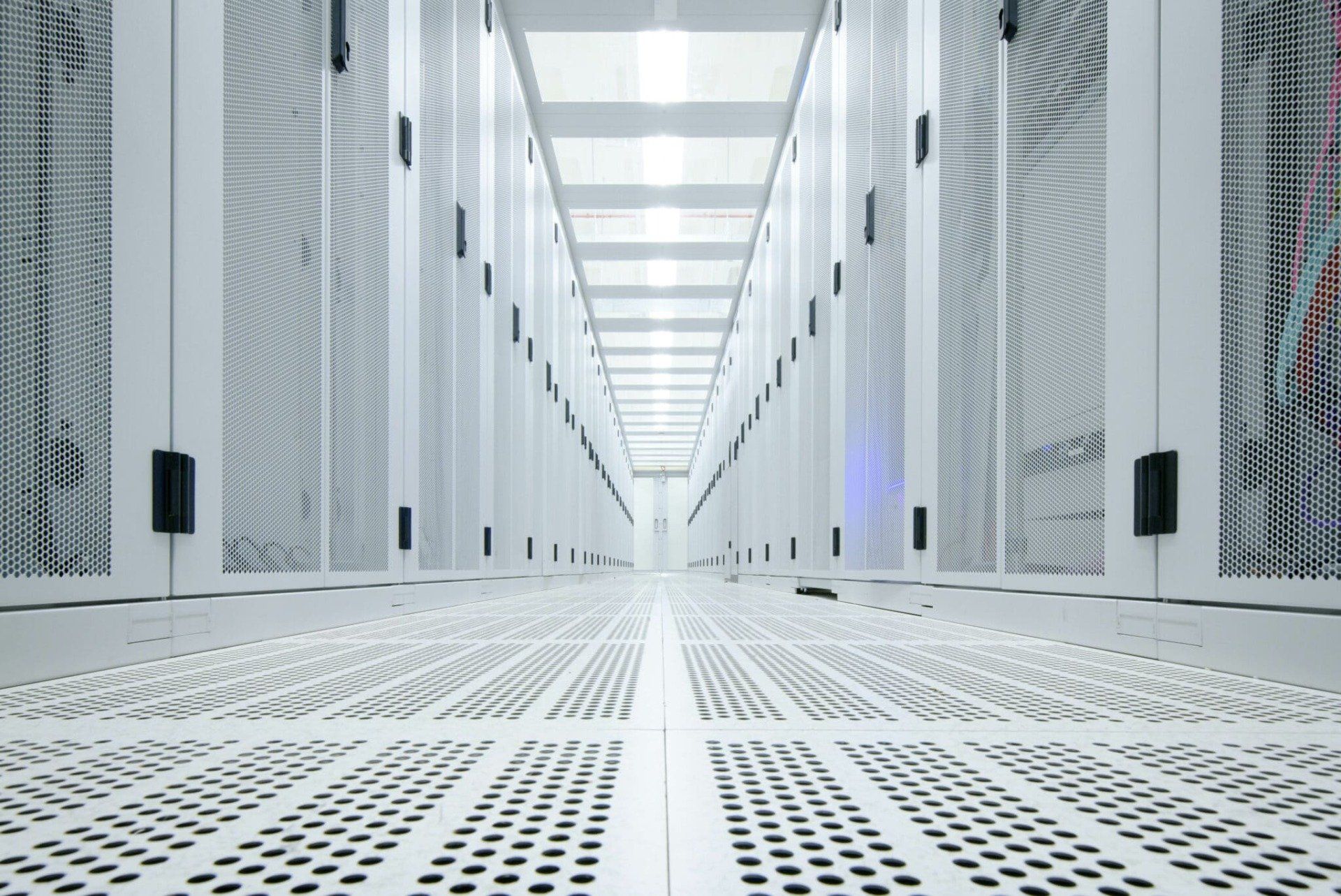A change in our thinking
The changing world of the local or edge data center

I had to think of the words of Albert Einstein when updating a list of data centers in the Benelux just last week. He wote: “The world as we have created it is a process of our thinking. It cannot be changed without changing our thinking”.
On a regular basis, I update a list of data centers in the Benelux. It is a list I have which I needed for a project a few years ago and I have updated ever since. It is a document of change in our industry.
The pleasant thing about the data center industry is that it remains very much in flux with mergers and acquisitions, new names of existing suppliers and the entry of new players. Also, you will find yourself chasing after a name from the past to find out that they no longer exist as a data center provider. The moment that I always find most striking is that moment when you find out that a major data center announcement never actually came to fruition.
So where do we stand? Well, at 107 suppliers with in total 259 data centers in the Benelux.
The question arises what does this mean? Let us take Belgium for example. There we have 19 suppliers with 34 separate data centers that offer third party colocation. The largest multi-site provider is LCL, with 4 sites and Datacenter has 3 sites. The rest all over one or two sites. Given that many companies come from a small beginning and given the high standards of data centers we perceive to be normal, this is often a great achievement. But on this list is also the Zayo data center, which I believe to be more of a proper telco room than a modern data center.
There are 17 data center providers with one or two sites in Belgium and often these are relatively small sites (not Interxion of course). These sites often cater for local business like one I found who advertises the fact that they house the server of the local football club (Unix Solutions with KV Mechelen). As more and more businesses move to SAAS and to the cloud for those servers they still have, new business (and stopping churn) will have to come from companies who choose to keep these own servers in their own physical domain.
The heavy users, businesses with a lot of compute and storage, will want to grow within a local data centers. For them it is a no-brainer cost wise not to move to providers like AWS, GCP or Azure.
We come to the questions: what is the future for a local data center? How will they be able to compete with the large players like Equinix and Digital Reality on the one hand and the hyperscaler cloud providers on the other? Will they need to specialise? Do they have a unique opportunity to cater for the heavy users instead of the local neighbourly business or will they become a local IT service company with a building?
…. Or in other words, do we need to change out thinking about the local data centers?









